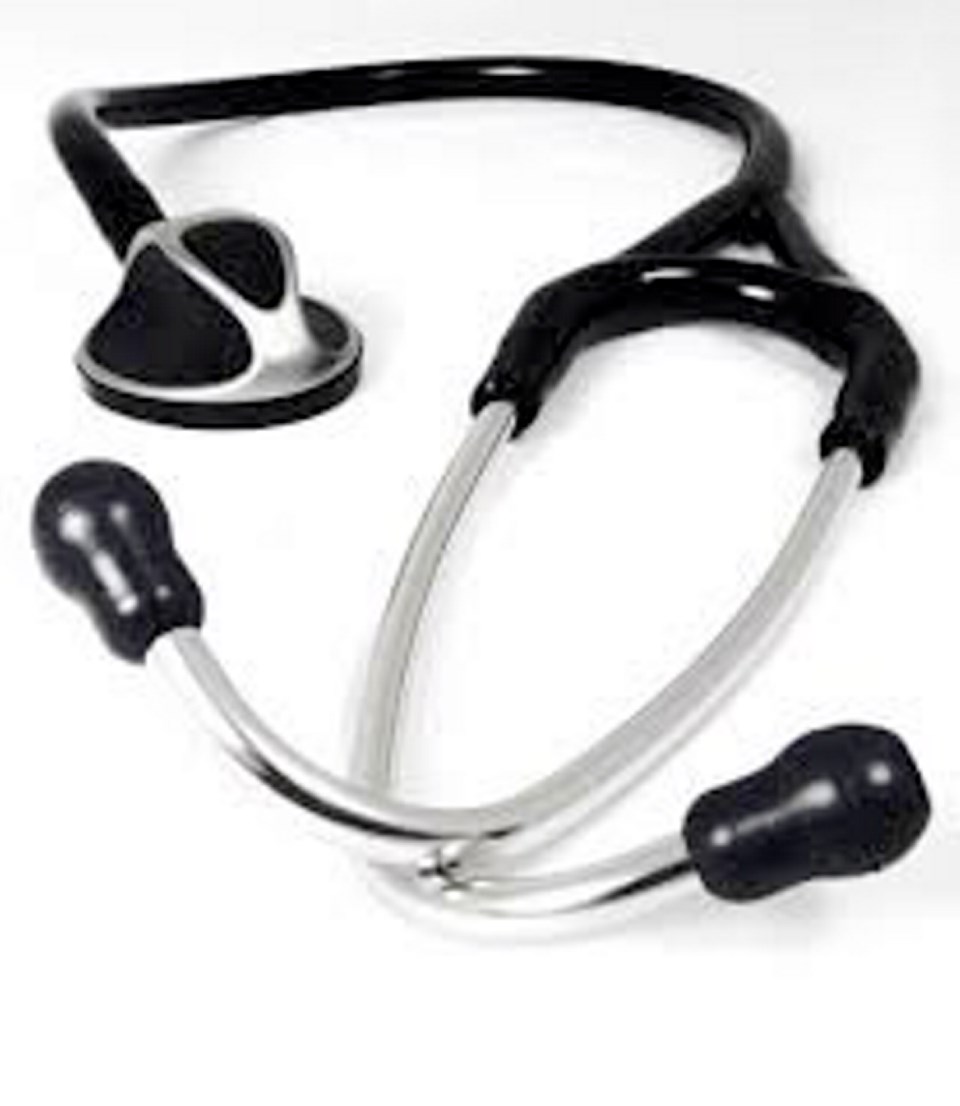Dear Dr. Roach: I have a problem that you might not have heard about. I had shoulder surgery on my left shoulder two years ago and developed strong body odour on that side.
A year later, I had surgery on my right shoulder and developed body odour on that side. I never had strong body odour before. I did an online search for this problem and found out that it鈥檚 not that uncommon. One article suggested not to use bar soap but to use shampoo instead. I tried this, and now I鈥檓 body-odour free. What do you think about this?
B.C.
I have two thoughts about this, but I鈥檓 not sure either of them is right. The first is that after surgery, you are likely in a sling or, at the very least, less able to move your shoulder.
You also may be bandaged. I suspect that has changed the bacteria that live on your skin, which is what causes body odour (sweat itself has an inoffensive odour in absence of bacteria).
The second possibility is that you may have had a nerve block at the time of the surgery. This can change the way you sweat, which in turn can lead to changes in your body鈥檚 normal flora (meaning the bacteria and yeast that live on healthy skin).
In either event, the goal is to get rid of the bad bacteria. Soap and shampoo have different abilities to kill bacteria.
I sometimes recommend a topical antibacterial, chlorhexidine (sold as Hibiclens and other brands), which is very effective at reducing bacteria counts.
听
Dear Dr. Roach: I am 70 years old and exercise by walking every day, and I鈥檓 in reasonably good health. I have been fighting acid reflux (GERD) for over 20 years. For years I took several antacid pills day for my GERD.
My doctor prescribed 20 mg omeprazole (Prilosec), and for over 10 years I never thought again about my GERD. It was great!
But then I read about the negative long-term effects of taking proton pump inhibitors like omeprazole.
I weaned myself off the PPI (with my doctor鈥檚 approval) and started taking ranitidine in its place, but soon the ranitidine did little or nothing for my GERD, and I was back to taking antacids several times a day.
My doctor prescribed Carafate (sucralfate) and that helped, especially at night, but I was still taking antacids.
Now I buy 20-mg omeprazole tablets and cut them in half, taking 10 mg omeprazole a day. I still get occasional acid stomach, but I use the Carafate for those times.
I am happy with this strategy and wonder if you think this is a viable long-term solution for my GERD. I have never had an endoscopy.
J.J.
Long-term use of PPI drugs like omeprazole increases risk for infections (pneumonia and diarrheal infections, especially Clostridium difficile) and may reduce absorption of calcium and magnesium (possibly leading to increased fracture risk).
They possibly may worsen kidney function and are associated with dementia with no known causal relationship. They should be used at as low a dose as is effective, for as short a time as possible.
Since I see people taking PPIs for years without any symptoms at all, I often discuss this point.
However, these drugs do prevent stomach ulcers in people at high risk, including some who take various medications (NSAIDs, steroids). They may reduce cancer risk in people with Barrett鈥檚 esophagus, and certainly help symptoms. Some people need long-term PPIs despite the risks.
My main point, though, is that in people over 65 or so, long-term stomach symptoms are worth looking into. Most authorities would recommend an endoscopic evaluation for you.
听
Dr. Roach regrets that he is unable to answer individual letters, but will incorporate them in the column whenever possible. Readers may email questions to [email protected]
